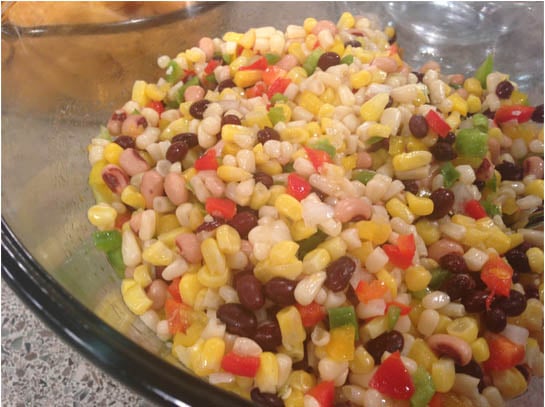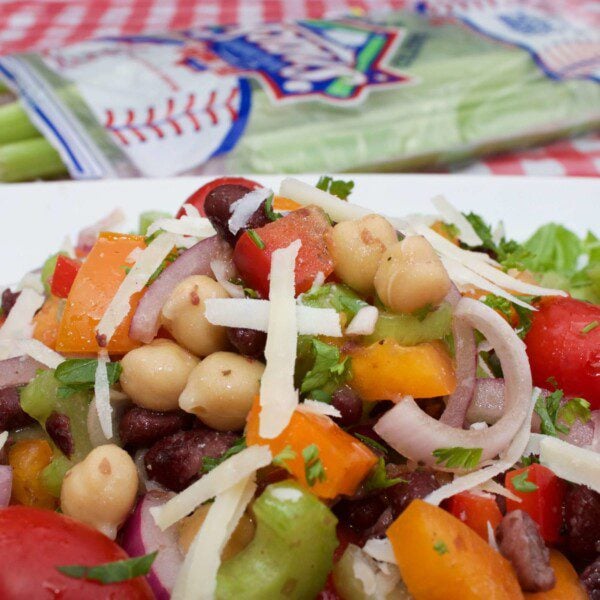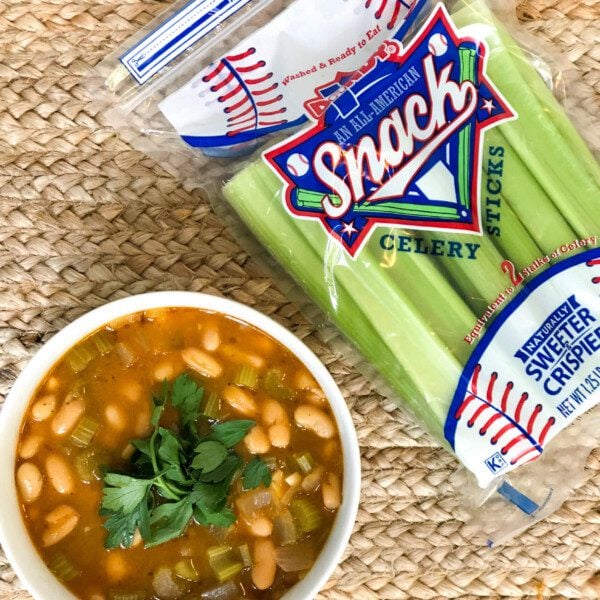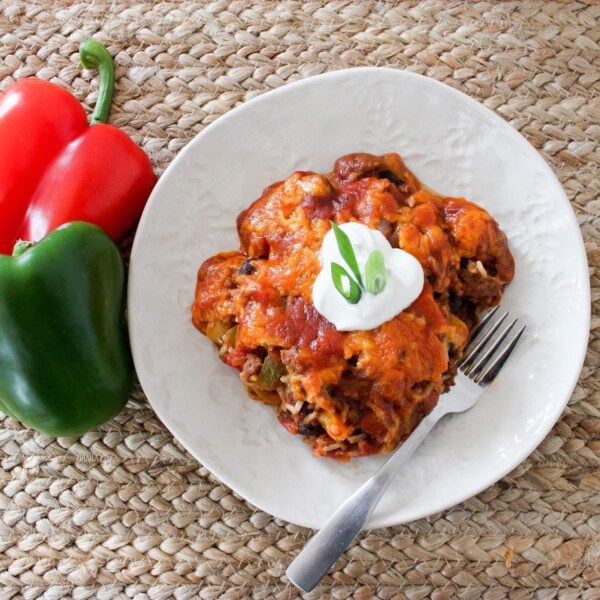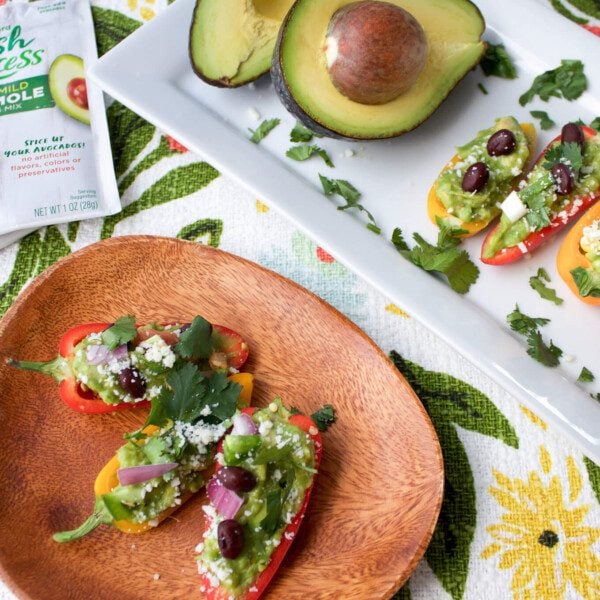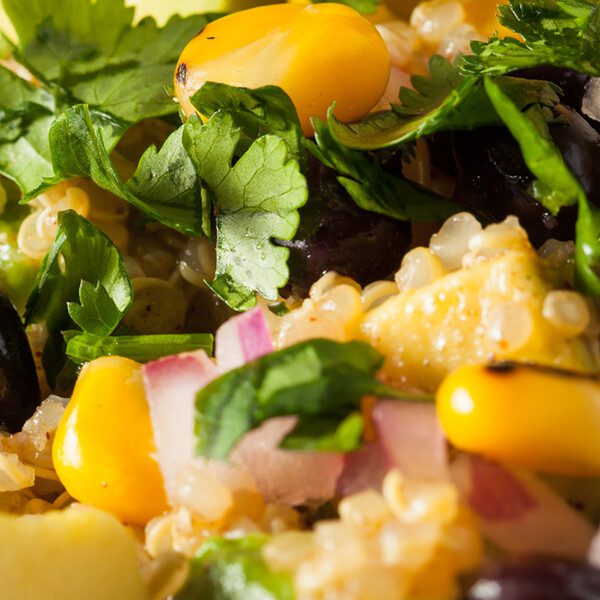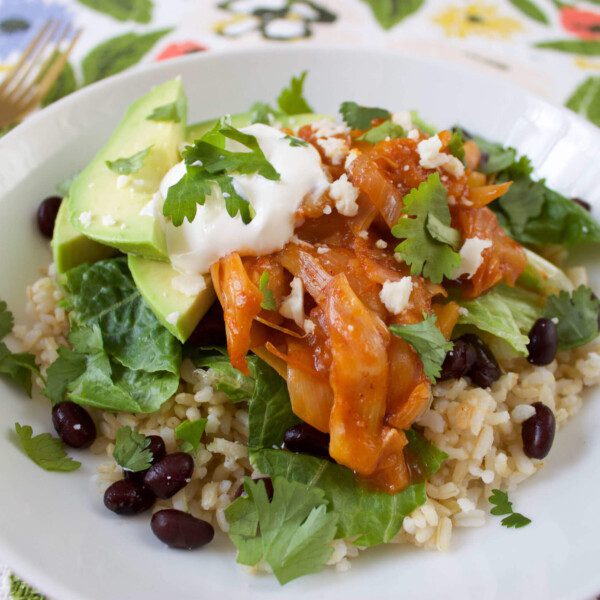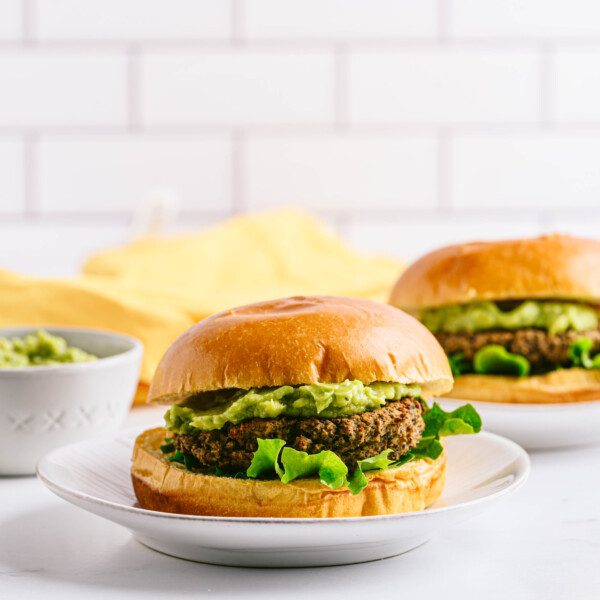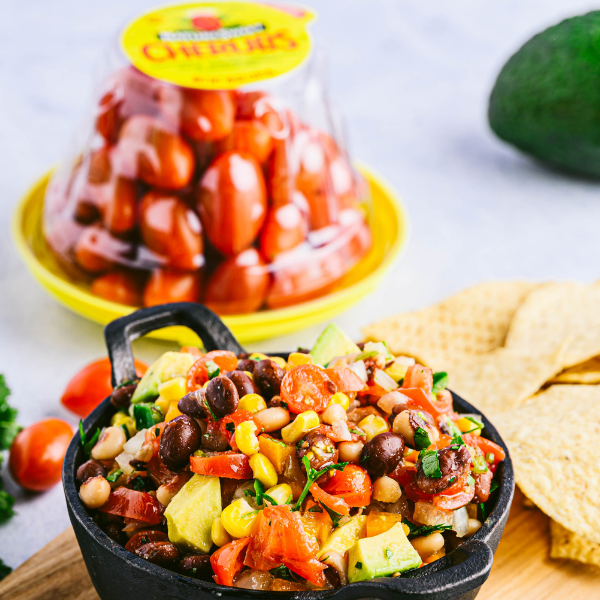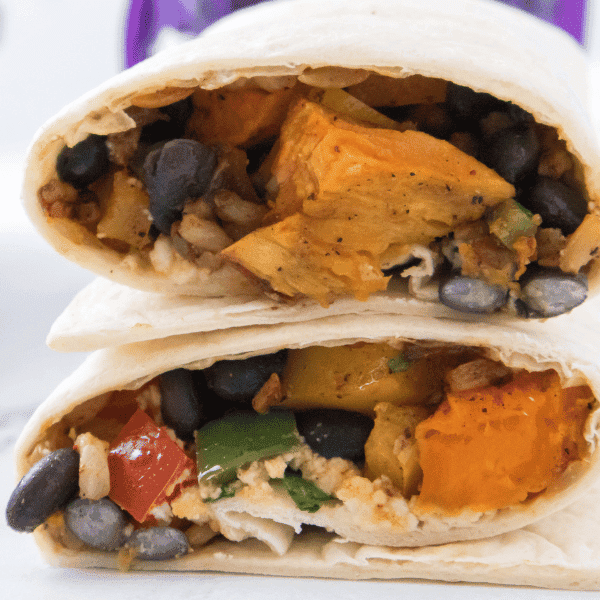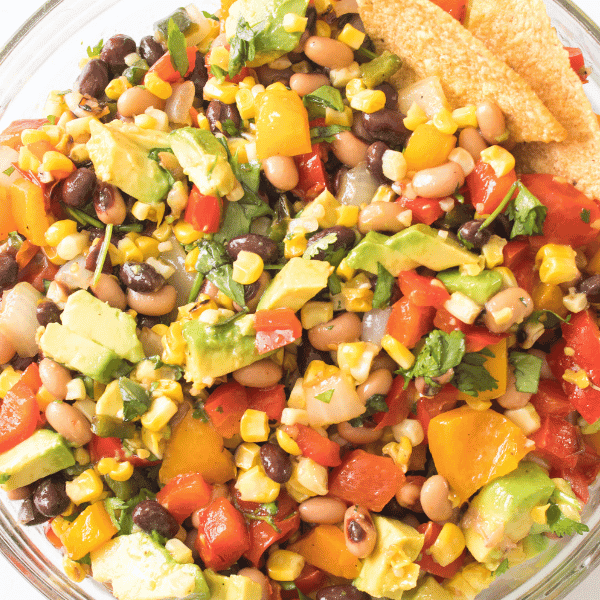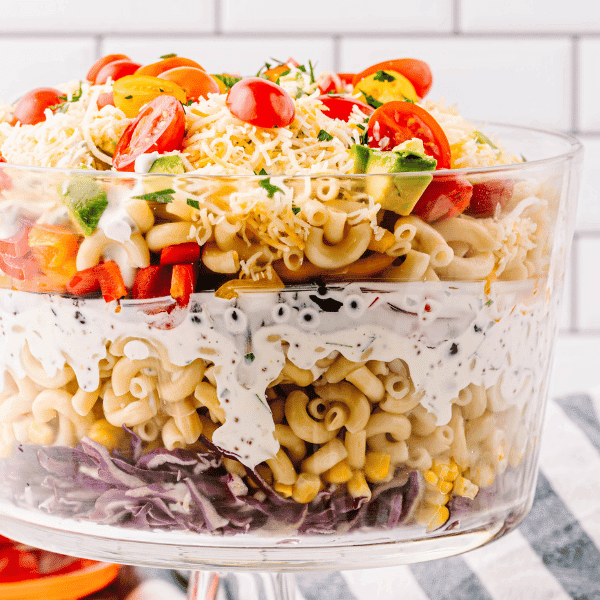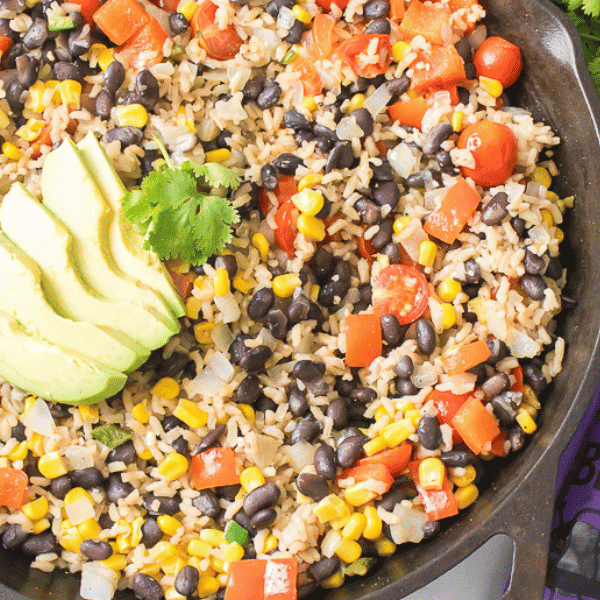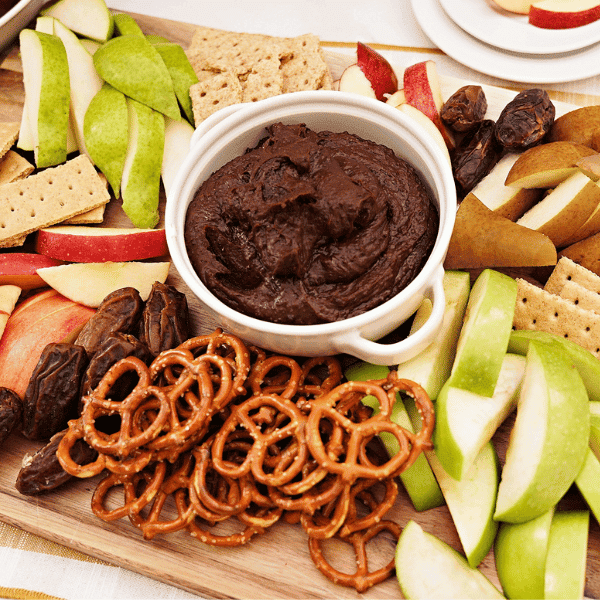How to Select Black Beans
- Black beans are often available canned. Pay attention to the expiration date when purchasing.
- Black beans are also available pre-cooked and ready to eat in pouches from Bare Beans.
- When selecting dried black beans, avoid packages containing broken, shriveled, or crushed beans. Avoid any beans that contain tiny pinholes, as these may indicate a bug infestation.
- Ensure the package you choose is intact and tightly sealed. Avoid any packages with holes or tears.
- Dried beans are a raw agricultural product and should be washed and cooked according to package directions. There is always a chance for small rocks or dirt to be inside bean packaging.
When are Black Beans in Season?
Black beans grow best in warm climates — beans love the heat, meaning they only grow well in the summer months. Their ideal soil temperature is 70-80 degrees fahrenheit.
Because of this temperate requirement, when black beans are in season depends heavily on where you live. While you can get black beans year-round, they’re usually planted in the late spring and harvested in mid-late summer.
Varieties of Black Beans
Black beans are legumes, along with other beans, peas, peanuts, and lentils. There are many varieties of black beans, but they all have a dark black color and are approximately the size of a pea.
The most popular varieties of black beans include Domino, Blackhawk, Condor, Raven, and Black Magic. However, the ones you are likely to find at your local market in canned or dried form are called Black Turtle beans.
The varieties of black beans are all extremely similar in flavor, color, size, and texture — you likely won’t notice a difference between them.
However, don’t mix up black beans with fermented black beans (a popular Asian food that is related to black beans but made with soybeans).
No matter what variety you have, black beans are a staple in Brazilian dishes, Mexican cuisine, and many other delicious meals!
You’ll find they all have a soft, mild, and creamy texture with a flavor that’s subtle, taking on flavor from added salt and the other ingredients you cook them with — this is partly why they are such a versatile bean.
Black Bean Nutrition Facts & Benefits
Like most other legumes, black beans pack a seriously nutritious punch!
Beans are also an excellent source of protein and fiber — ¼ cup of black beans contains:
- Approximately 165 calories
- 1 gram of fat
- 10 grams of protein
- 30 grams of carbohydrates
- 1 gram of sugar
- 7 grams of fiber
Some of the health benefits of these highly-nutritious legumes include:
- Black beans have tons of antioxidants, which may help lower risks for some types of cancer, type 2 diabetes, and heart disease.
- Black beans contain saponin — a cholesterol-lowering compound that can help reduce your total triglyceride and cholesterol levels.
They also contain anthocyanin, which can boost insulin sensitivity, improve your body’s response to insulin, and lower blood sugar levels after eating.
How to Store Black Beans
How To Store Dried Black Beans: Store dried black beans in an airtight container like a jar or sealable plastic bag. Remove any broken beans or rocks before storage. Keep them in a cool, dry place away from sunlight, like your pantry. Dried black beans are best if used within 1 year.
How To Store Canned Black Beans: Keep canned beans in a cool, dry place away from sunlight. Canned black beans will keep for up to 1 year.
How To Store Bare Beans Black Bean Pouches: Use or freeze by the date on the pouch. Use within 5 days of opening. Always keep refrigerated.
How to Prepare Black Beans
While there are endless ways to prepare black beans, we’ll talk about the three cooking methods that you are most likely to use.
The easiest way to prepare black beans is in a slow cooker. If you soak your beans first, they take 2-3 hours on high or 4-5 hours on low. If you want to skip soaking your black beans, you can cook them on high for about four hours or on low for about eight hours.
You can also prepare black beans on the stove — this is the fastest way. Simply place your black beans and seasoning in a (preferably cast iron) pot, boil the water, and simmer the beans for about an hour.
Finally, you can cook your black beans in the oven. We prefer soaking the beans first for this method. You can expect soaked beans to cook in about an hour and a half and unsoaked beans to cook in about two hours.
